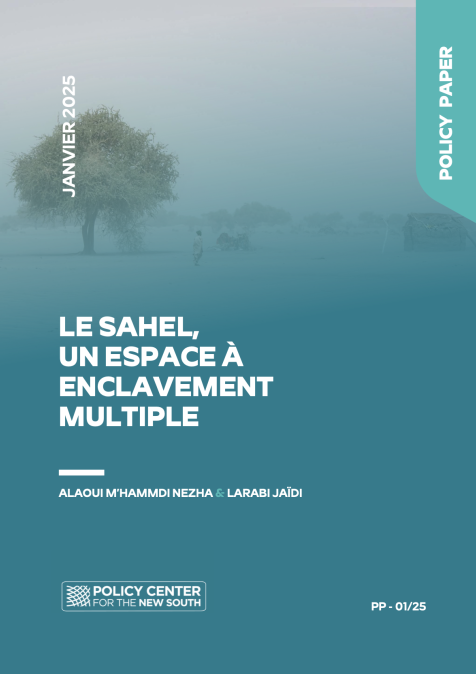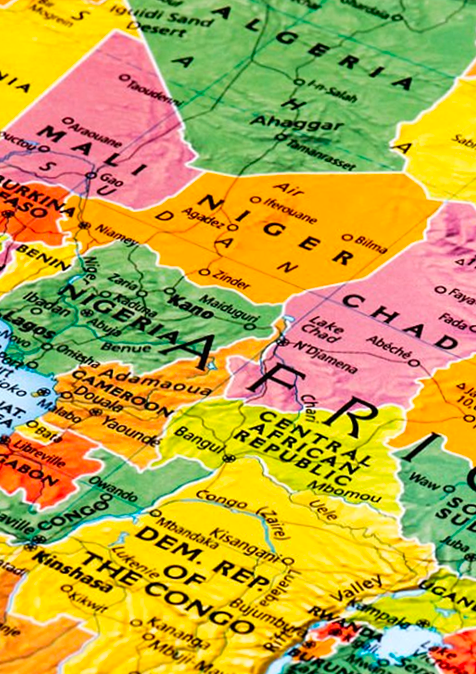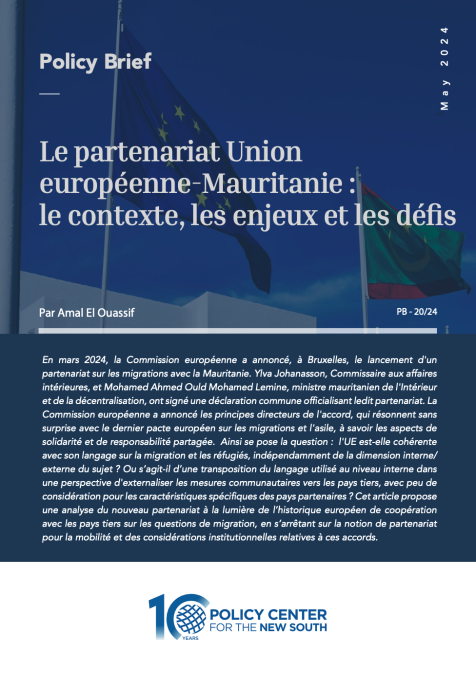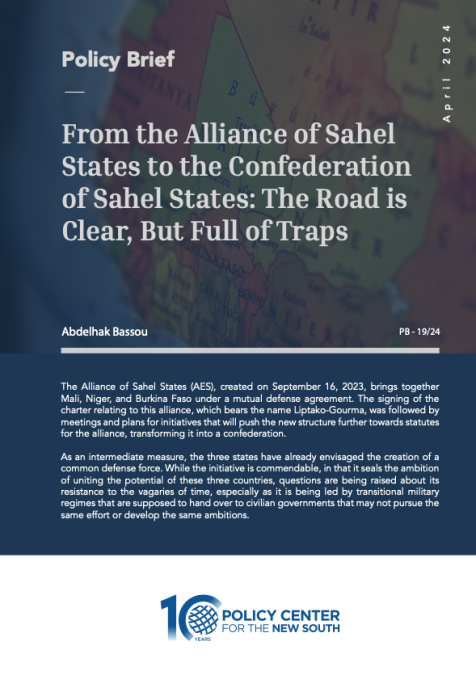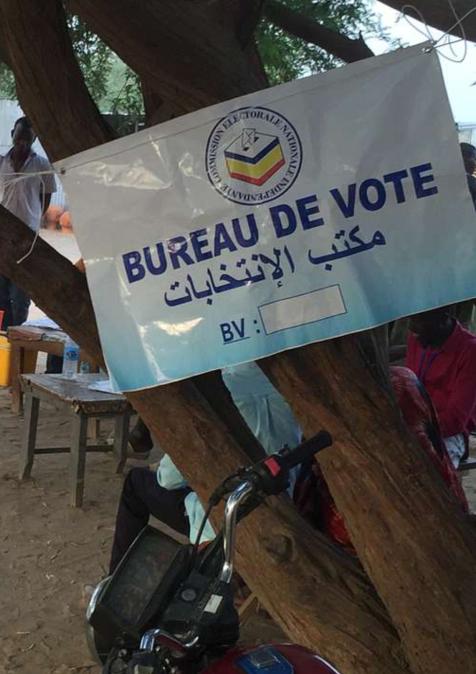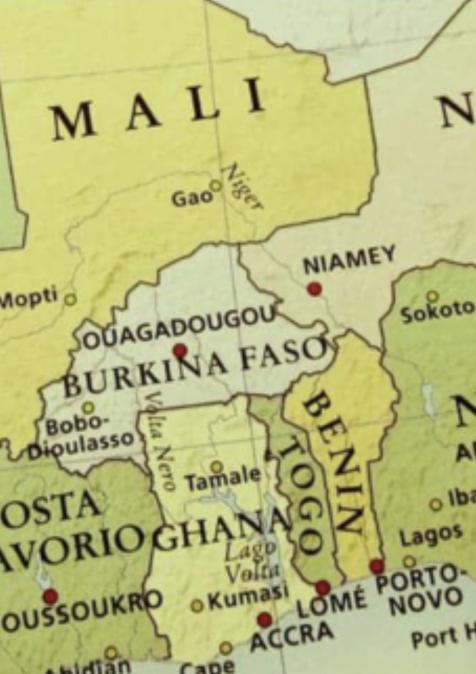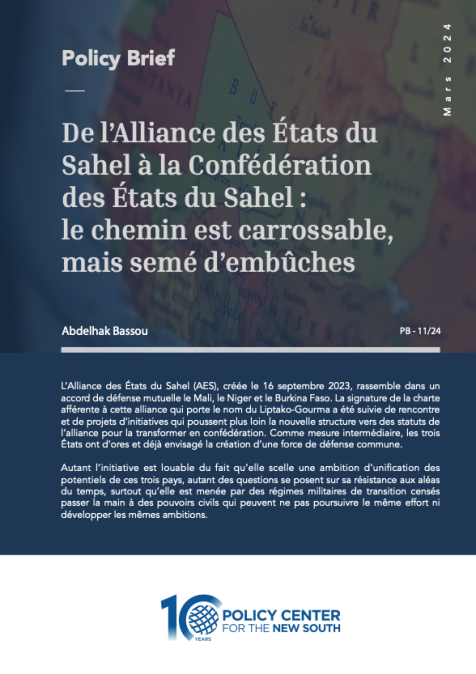Publications /
Policy Paper
L’enclavement des quatre pays de la région sahélo-saharienne subit des contraintes et induit des effets de plus en plus transnationaux et complexes. Il s’agit ainsi de clarifier cette notion d’enclavement dans ses multiples dimensions, externe, interne et inter-régionale en mettant en exergue les facteurs qui y ont contribué.
Cet article analyse ainsi les trois figures de l’enclavement des pays du Sahel. L’enclavement externe, qui se manifeste par l’éloignement des lieux actifs du territoire national et des littoraux, reste prépondérant bien que l’enclavement interne, qui entrave le développement local et pérennise les situations de marginalité, pèse aujourd’hui de plus en plus lourdement. Dans les régions transfrontalières se déploient par ailleurs des espaces enclavés, et structurés par des flux dominés par l’informalité et l’insécurité. Les trajectoires du développement de ces pays sont par leurs dysfonctionnements territoriaux et leur durée à l’origine de ce multiple enclavement.
Enfin, l’article examine les moyens d’opérationnaliser des solutions pérennes de désenclavement de la région. Le développement des infrastructures s’avère, à cet égard, nécessaire mais insuffisant. Les complémentarités continentales/maritimes doivent être repensées. Le choix d’un port devient de plus en plus un enjeu stratégique aussi bien pour les pays côtiers que les pays sans littoral pour rééquilibrer les rapports de force et rendre les pays portuaires plus à l’écoute des stratégies des pays enclavés. Les pré- et post-acheminements routiers et ferroviaires deviennent les maillons importants des chaînes logistiques. De simples voies de transit, les corridors devraient s’inscrire dans un processus d'organisation spatiale pour devenir des lieux de création et de diffusion de la richesse. Cela requiert une réflexion sur l’aménagement intégré et concerté des territoires. Le principal enjeu du désenclavement se noue autour de la dialectique entre un cadre supranational dans lequel il faudrait s’insérer et une latitude qu’il conviendrait de donner aux différentes initiatives nationales et locales pour leur permettre de mettre en valeur leurs potentialités.

